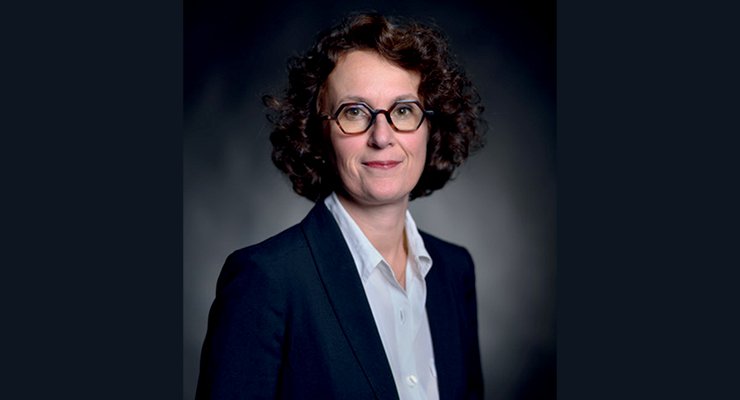Specialty – Mechatronics, Actuators, Robotisation and Systems (MARS)
The MARS elective specialty provides combined skills in mechanical engineering, actuators, electronics and computer science, ranging from design, installation and/or maintenance of complex automated or robotic systems.
Programme
The MARS programme covers: basic mechanical engineering, analog and digital electronics, power electronics, electric actuators, industrial robotics, automation and control theory, fuzzy logic, power conversion units. The theoretical training is backed up by experimentation in lab. work, initiation to professional model software as used by the industrial sector (PSPICE, FLUX 2D, Simulink), Uvs TX, projets personnels…).
Academic staff
The courses given for GM-MARS specifically are proposed by the UTC-Roberval Lab, in close collaboration with numerous research contracted industrialists (CEA, VALEO, EDF, Renault, PSA… ).
Equipment
A wide range of industrial equipment is available - workshop lathes, grinders, millers, analog and digital oscilloscopes, data acquisition chains, computers equipped with specific industrial modelling software, vectorial speed regulators, DSP-based axis control rig, laboratory robots …
International
Students who take the MARS elective specialty are encouraged to apply for studies in one of UTC's partner universities (cf. table) and can also carry out their end-of-studies with industrial hosts.
There are opportunities to do a double degree with Cranford University (UK) , or at Braunschweig or Berlin (Germany) who propose a large range of high-quality programmes in Electrical Engineering. Likewise many were pleased with their stay at MacMaster's (Canada). There are exchange programmes with Genoa (Italy), Patras (Greece) or Valladolid (Spain).
It can be noted that North America attracts many French students for end-of-studies training (ex. DELPHI), in Germany (Volkswagen), in Sweden (ABB) … as well as numerous laboratory projects (in Canada, Great Britain, the USA, Poland …)
Professional openings
MARS training opens professional paths to a world where mechanical and electrical engineering co-inhabit, as design engineers and/or as project managers. 60% of the professional job offers come via end-of-studies projects with enterprises such as Airbus, Aérolia, DCNS, EDF, Faurécia, PASA, Renault, Safran, Valéo…
Contact and documentation
Other UTC-IM specialties
- Specialty – Sound and Vibration Engineering (AVI)
- Specialty – Integrated Design in Mechanical Engineering (CMI)
- Specialty – Data Handling and Reliability for Industry (DFI)
- Specialty – Industrial Design Engineering (IDI)
- Specialty – Materials and Technological Innovation (MIT)
- Specialty – Integrated Production and Logistics (PIL)
- Specialty – Simulation in Mechanical Engineering (SIM)
- The Apprenticeship Designer Course (CPT)



